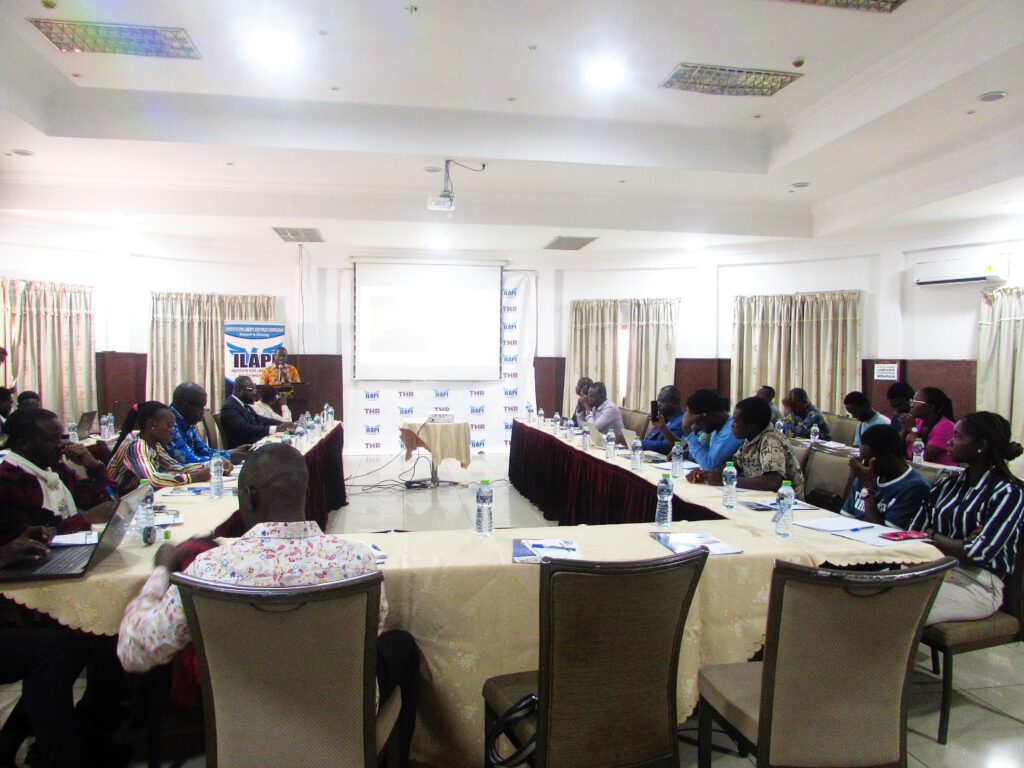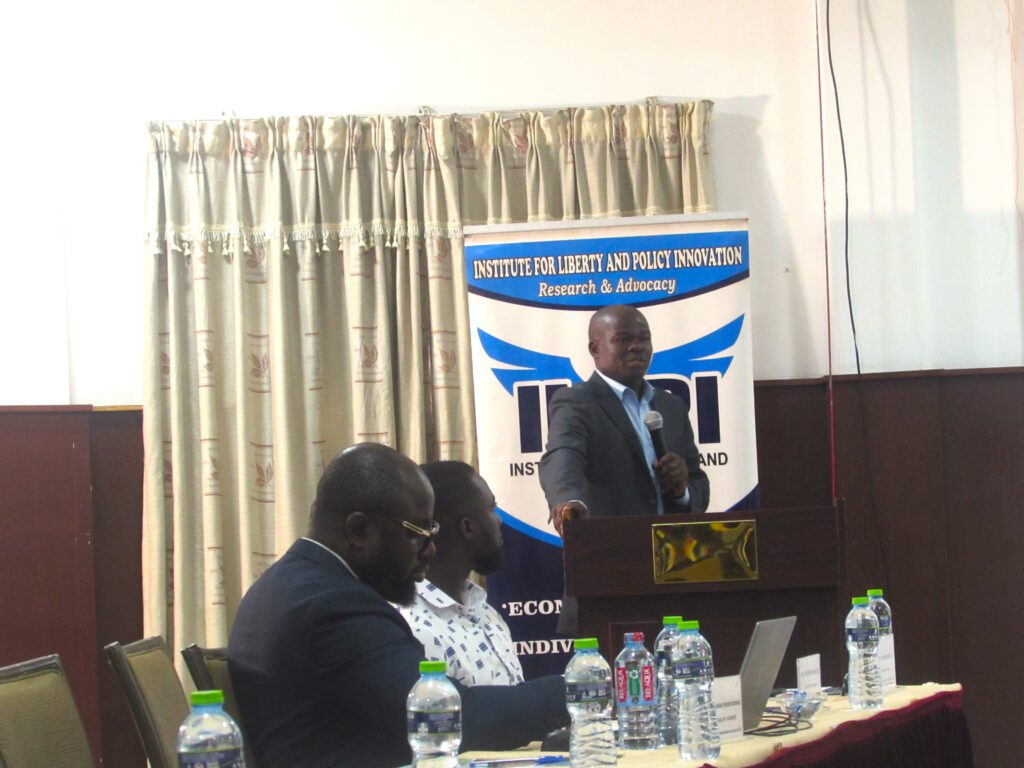The Institute for Liberty and Policy Innovation (ILAPI), on Thursday, 26 September 2024, organized a roundtable discussion on tobacco harm reduction in Ghana.

Experts from various fields of work, especially public health practitioners, called for the use of the Swedish approach in Ghana to tackle the many harms caused by the use of tobacco.
In his address, the Executive Director of ILAPI, Peter Bismark Kwofie, expressed worry about the various health risks that one is exposed to as a result of smoking cigarettes and called on regulatory authorities to adopt appropriate measures to combat the menace, preferably the Sweden method.

“Surprisingly, the long-term smokers make little to no attempt to quit smoking as they get older, becoming the cigarette in themselves. If people cannot abstain from sex because of HIV and AIDS, what can minimize the risk of contracting the disease? I know you will mention the use of condoms. Exactly the answer! If a condom is the alternative to reduce the risk of contracting HIV and AIDS, what should, therefore, be the alternative to mitigate the harm caused by combustible cigarettes? he quizzed.
Smoking combustible cigarette, which has high nicotine and tar, leading to addiction and are deemed to also cause smoke-induced diseases, are regulated and sold on the market, with the government raking in millions in revenue.
Although the Food and Drugs Authority (FDA) has made efforts to reduce the indiscriminate use of cigarettes, more needs to be done to achieve a smoke-free society by taking lessons from Sweden,” he said.
A medical practitioner, Dr. John Tengey, enlightened the experts on domesticating the Swedish approach and emphasized that Ghana and other countries that seek to reduce the harm should consider the Swedish approach.

Sweden is almost declared a smoke-free country in Europe after decades of long public campaigns against smoking cigarettes.
Over the years, Sweden has found alternatives for smokers, like the use of snus; the Swedish approach also includes age limits, the introduction of smoke-free landmarks (both indoors and outdoors), and a long-term collaborative strategy involving multiple actors at the international, and national, regional and local levels.
Peter Kwofie believes that if Ghana can reform regulations against cigarette smoking, it will save the government an amount of 100 million cedis annually.
“In public policy, there is always harm in not reforming to meet modern trends to save lives and reduce the burden on our health facilities caused by the combustible cigarette smoking-related diseases and threats. Harm reduction can equally half the 6,700 deaths caused by cigarette smoking in Ghana and could save the government GH100 million and more annually” he said.

“Sweden’s support for harm reduction strategies led to substantial public health benefits. They were emphasizing accessibility, acceptability, and affordability of safer nicotine alternatives reducing smoking rates with significant decreases in smoking-related diseases, setting an effective and flexible precedent for global public health policy. So, other countries looking to reduce smoking prevalence and improve overall health outcomes should consider adopting Sweden’s THR”.
According to available research, Tobacco smoking is annually killing more than 8 million people globally, among 1.1 billion smokers.
Among these, there exist 80% of tobacco users in the world in low and middle-income countries. Africa’s smoking prevalence of 8.4% is projected to have a higher percentage in the future. In Ghana’s case, about 6,700 people die annually from tobacco-related diseases.




